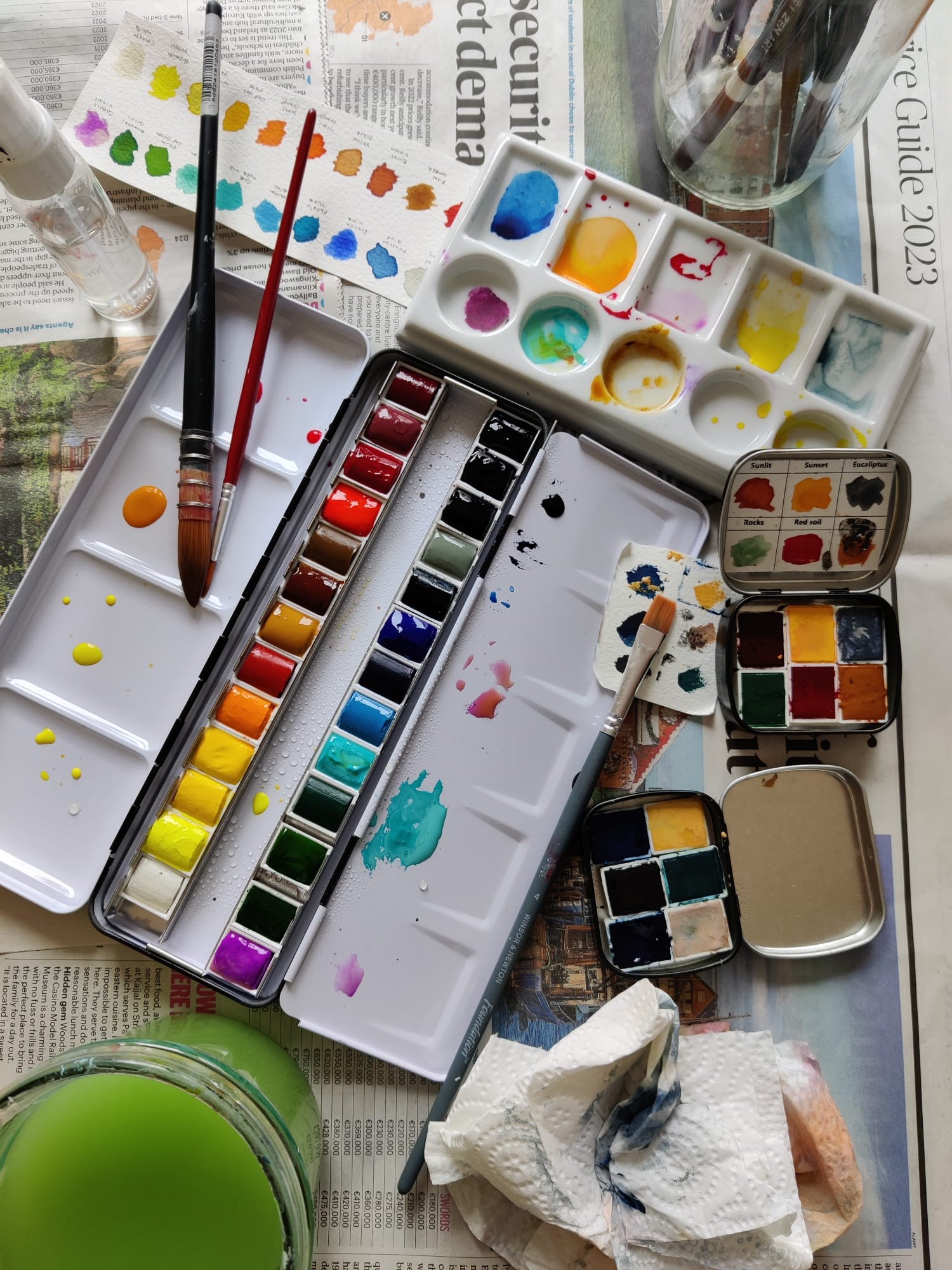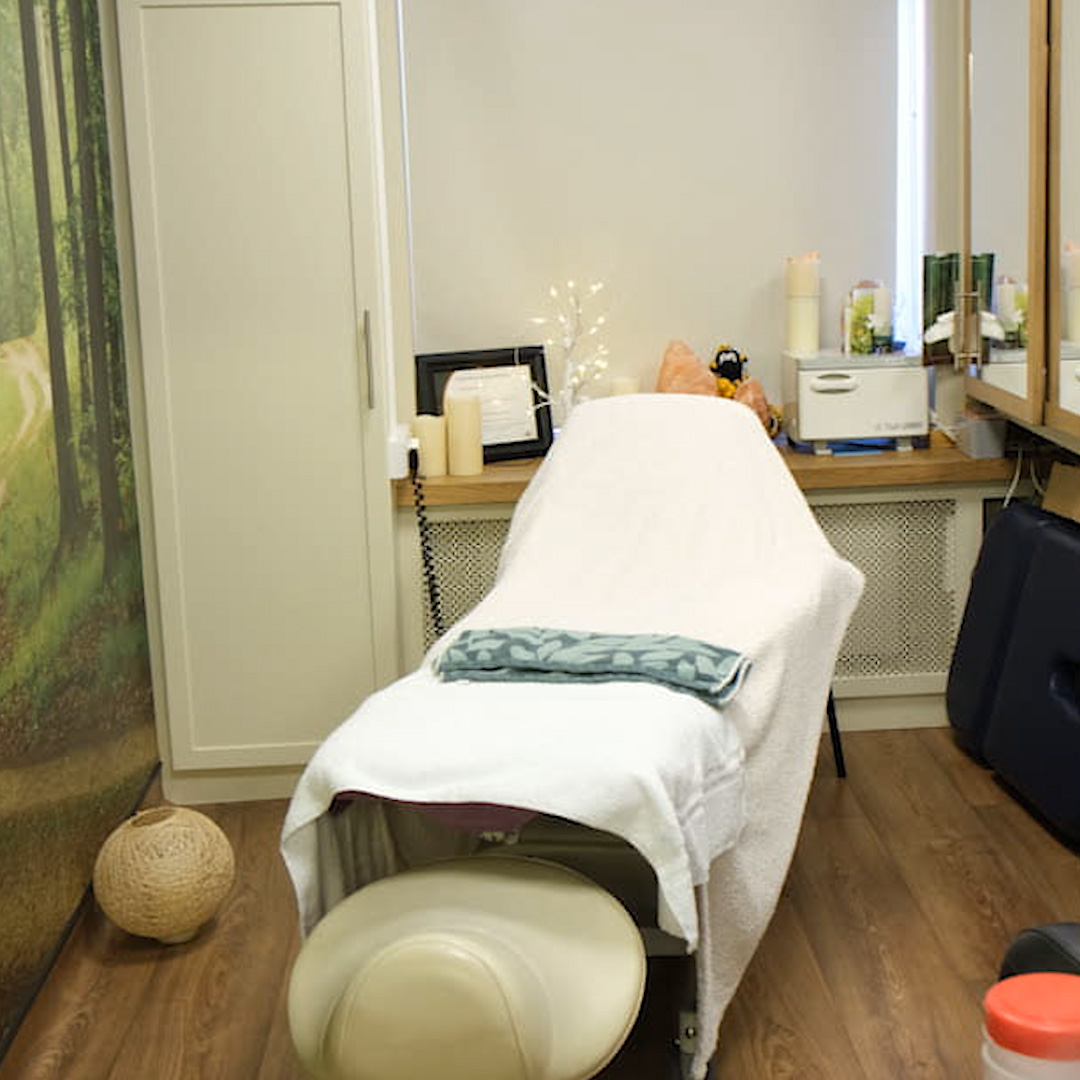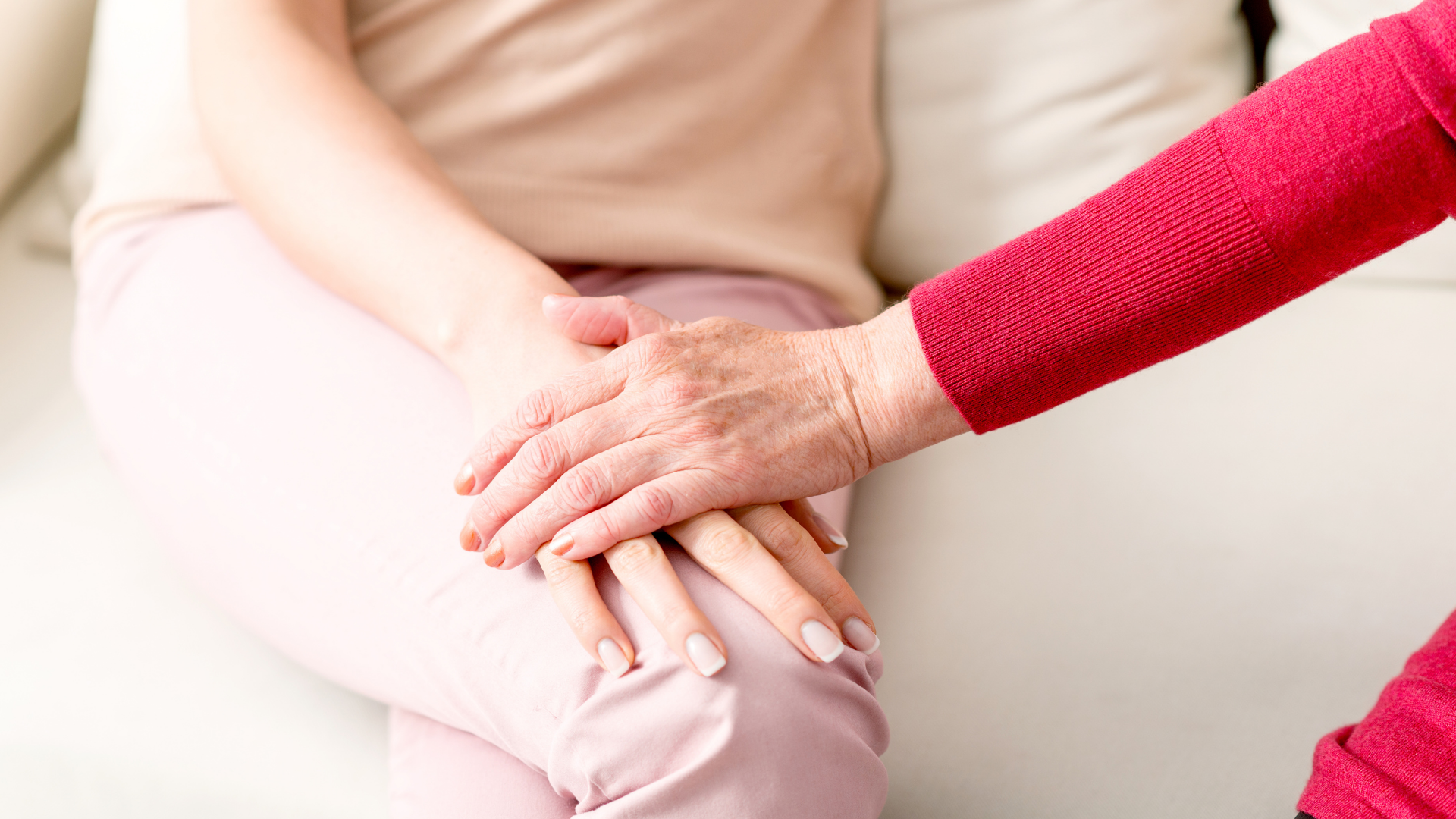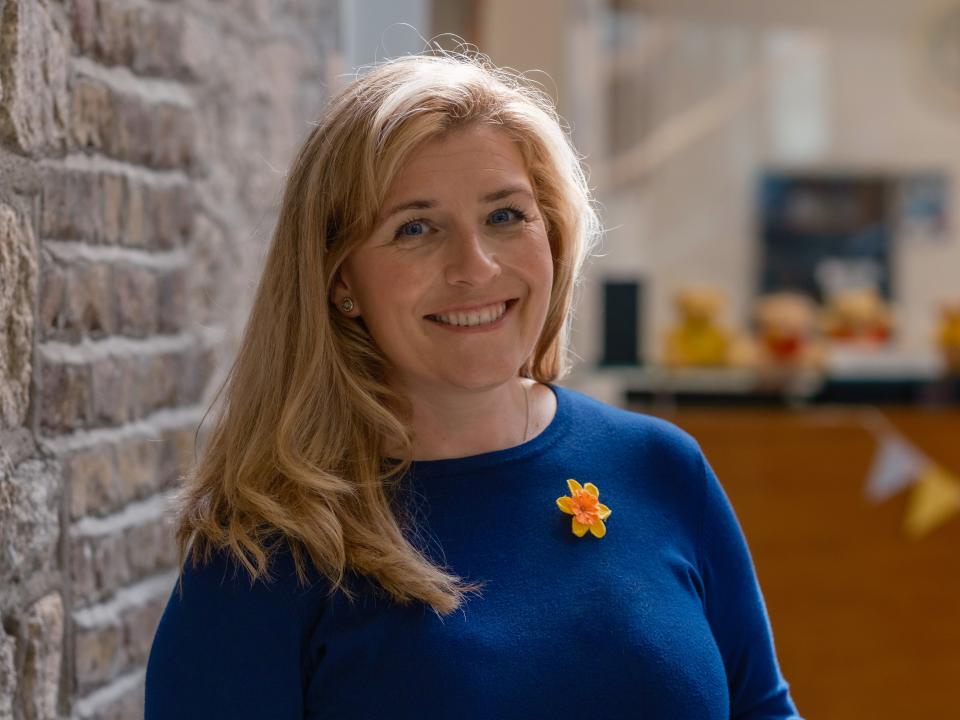- Encourage your child to take some exercise if they can. Exercise has been shown to help with fatigue. The hospital physiotherapist can create an exercise programme for them.
- Keep a diary of when their energy levels are higher, so that you can plan activities around the times when they tend to feel best.
- Encourage your child to rest and not to try to do too much. Naps can be helpful as long as they don’t interfere with their sleep at night.
- Try and keep a regular sleep routine.
- Try to talk to your child about any worries they might have and about how they’re feeling, as stress can make fatigue worse. An older child might find it helpful to write down their feelings in a notepad or diary.
- Talk to the dietitian for ideas and support if your child’s appetite is poor and you feel it is impacting their energy level.
Fatigue in children
Your child may feel very tired and lacking in energy during and after treatment.
What is fatigue?
Fatigue is an extreme tiredness that is common with cancer. It can take some months before the tiredness goes away completely.
What causes fatigue?
- Cancer drugs like chemotherapy or targeted therapies – Fatigue usually is at its worst around 7-10 days after chemotherapy. Energy levels should improve just before the next course of chemotherapy
- Surgery – Your child may feel very tired when recovering from surgery
- Radiotherapy – Fatigue can build up during a course of radiotherapy, so you might find your child feels more tired towards the end of their treatment or for some time afterwards. Travelling to and from the hospital can also add to the tiredness
- Low levels of red blood cells (anaemia), due to the cancer or its treatment
- Not eating well. Fatigue can be caused by poor nutrition
- Not sleeping well
- Dealing with difficult emotions and feeling stressed, anxious or sad
- Lack of exercise
What should I do if I my child has symptoms?
Tell your child’s medical team. Different things may help, depending on what’s causing the fatigue. For example, if your child’s red blood cell count is low, a transfusion should make them feel better. If they are not eating well, a dietitian can advise you on how to improve things.
Tips to help with fatigue

For CAYA patients and their siblings from 0-24yrs, to support the psychosocial needs of a young person. This service is available nationwide, at home or as locally as possible.

The Irish Cancer Society funds a haven on St John’s Ward in Children’s Health Ireland (CHI) at Crumlin, which provides massage, reflexology, mindfulness and meditation to children.

Trained volunteers offering emotional and practical support to anyone whose child is going through or finished their treatment.
Talk to a Cancer Nurse

Support Line
Our Cancer Nurses offer confidential advice, support and information for anyone affected by cancer. Call or email supportline@irishcancer.ie. Video calls available. Mon-Fri: 9am-5pm
In-hospital support

The Irish Cancer Society's Children’s Cancer Nurse at Children’s Health Ireland at Crumlin Hospital one day per week provides free, confidential advice, support and information to anyone affected by a child’s cancer.
